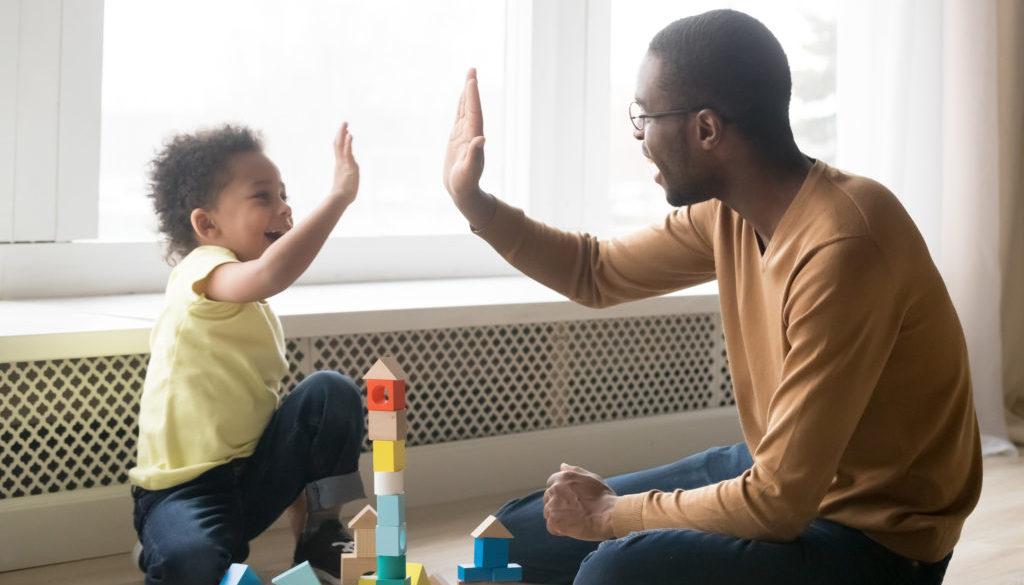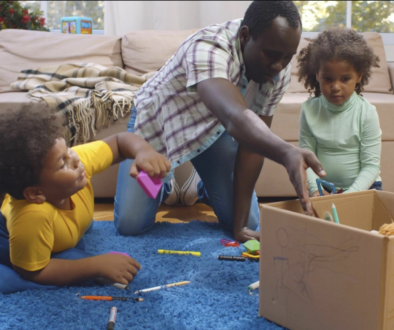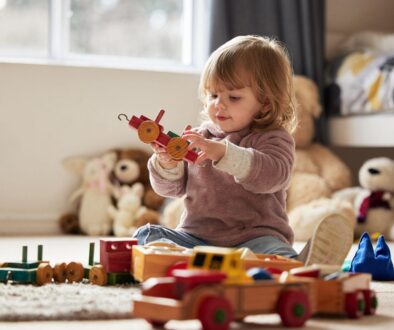Parenting Reframes

The narrative in our head often dictates our response to our child. When we change those thoughts from negative to positive, we start to see our children in a new way, and we can respond in healthier ways. What we focus on becomes our reality, so change the lens you see yourself and your child, so you don’t miss out on all the opportunities to better understand and connect with your child. Check out these examples of parenting reframes and then try to come up with some of your own!
My child is clingy! —————————————————-🡪 My child is comfort seeking
Comfort and protection (physical and emotional) are basic human needs. Your child needing comfort is just as important and necessary as nourishment and rest.
My child is just looking for attention! ———————-🡪 My child is looking for connection
Human beings are born wired to connect to a caregiver who will take care of their physical and emotional needs. A newborn infant’s survival depends on connection, and it doesn’t just go away as they get older. And let’s be honest, “wanting attention” isn’t a bad thing, everyone wants attention from the people they care about!
My child is so manipulative! ————————🡪 My child is just trying to understand limits
It is developmentally normal and even necessary for children to test their limits and the boundaries that are set for them. This is how they learn important skills like cause and effect, negotiating and what they are capable of.
I am such a terrible parent ——🡪 I am still learning. There is no such thing as a perfect parent
In the same way that our negative thoughts about our children can affect the way we respond to them – the way in which we speak to and about ourselves can influence how we show up for our children. Remember to give yourself plenty of grace as you navigate parenting your unique child. Parenting can be hard, give yourself permission to make mistakes, learn and grow.
I’m messing my child up with all my mistakes ———–🡪 I can use this as an opportunity to model apology and repair after a relationship rupture
No one is perfect. Mistakes are a part of being human and making mistakes can be rich soil in which we learn some of the most important life lessons. Allowing children to see that we make mistakes too can be a great opportunity to model humility and reparation. When we apologize to children and take ownership of our own shortcomings, we normalize that mistakes happen and model how to be authentic in relationship through repair and apologizing.





